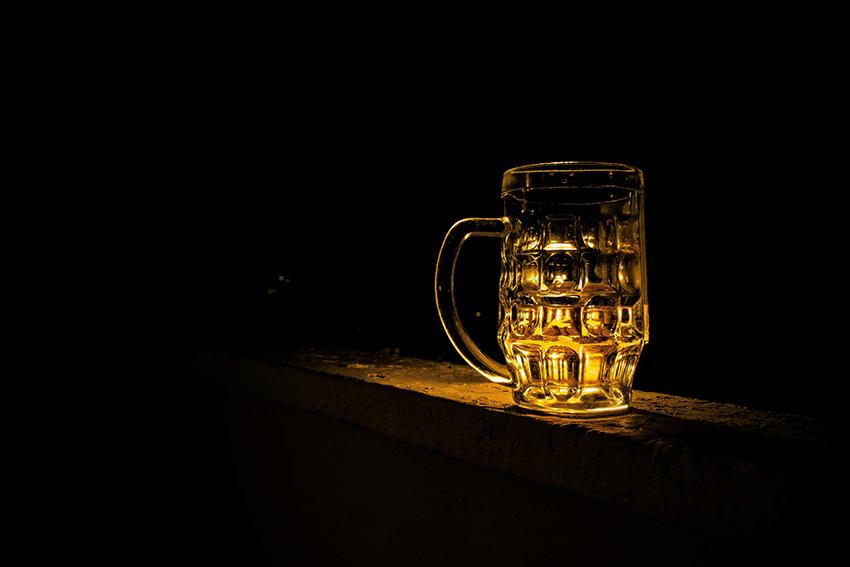Heavy drinking in Czech Republic concentrated among one-fifth of consumers
A disproportionate share of alcohol consumption in the Czech Republic is attributed to a small segment of the population, with experts stating that over two-thirds of all alcohol is consumed by just one-fifth of drinkers. This pattern of heavy drinking places a significant burden on public health and the economy, according to speakers at the “Together for a Healthier Czech Republic” seminar held in the Chamber of Deputies.
The health and social consequences of excessive alcohol use are estimated to cost the country tens of billions of Czech crowns each year. As many as 8,000 deaths annually are linked to alcohol-related causes. Despite collecting approximately CZK 15 billion per year from alcohol excise duties, experts warned that this revenue comes at a high human and financial cost.
Jindřich Vobořil, chair of the board at Randum Cirlistic Policy of Addiction Policy and former national anti-drug coordinator, emphasized the importance of prevention. He advocated for supporting moderate consumption and improving access to help for those with alcohol dependency. Instead of broad restrictions, he suggested targeted policies that promote less harmful alternatives, such as offering tax incentives or preferential marketing opportunities for low-alcohol beverages.
Other experts at the seminar supported regulatory changes, including limits on alcohol sales hours and locations, as well as taxation based on alcohol content. The initiative received backing from dozens of organizations, including the Czech office of the World Health Organization and the Czech Medical Chamber.
Michael Fanta of the Center of Economic and Market Analysis (CETA) stressed the need to reduce the availability of ultra-cheap alcoholic drinks by introducing a minimum price per unit of pure alcohol.
Dagmar Dzúrová from Charles University noted that alcohol-related premature deaths—especially among men—account for about six percent of all annual deaths. If these were avoided, the average life expectancy in the Czech Republic could rise by 1.5 years. In addition to liver disease, alcohol contributes to several cancers, cardiovascular conditions, and mental illnesses.
Despite these figures, alcohol consumption remains deeply normalized in Czech society, Dzúrová added. Children grow up in environments where drinking is seen as routine, and health concerns are often overlooked. Symbolic toasts for well-being stand in stark contrast to the actual long-term damage alcohol inflicts, even in small doses.
To address these issues, the initiative has put forward five main recommendations. These include revising alcohol taxation, banning alcohol advertising online and at sporting events, restricting advertising on TV and radio, and reducing alcohol sales at petrol stations, near schools, and in public buildings—particularly during late-night hours. The group also called for stricter enforcement of existing laws, such as prohibiting sales to minors, and the launch of new educational campaigns to raise awareness about alcohol’s health risks.
Source: CTK









